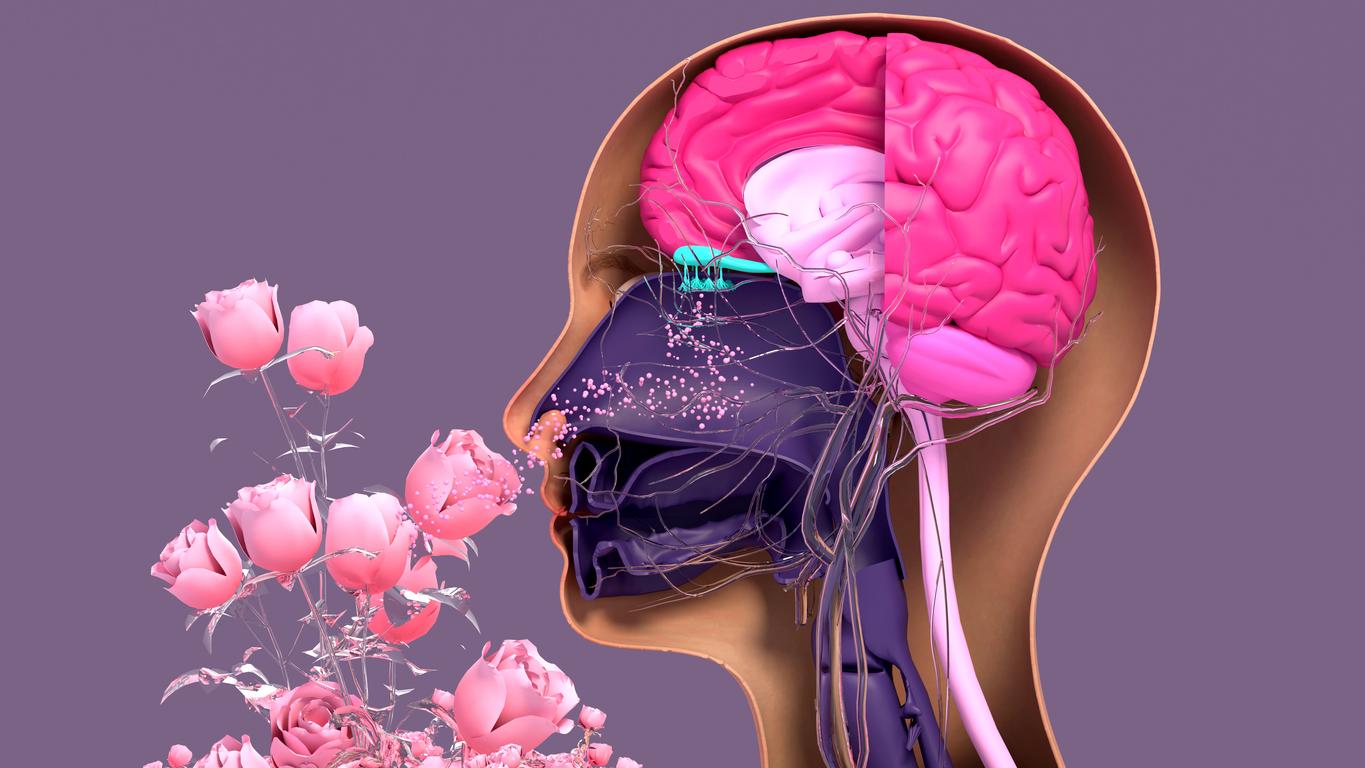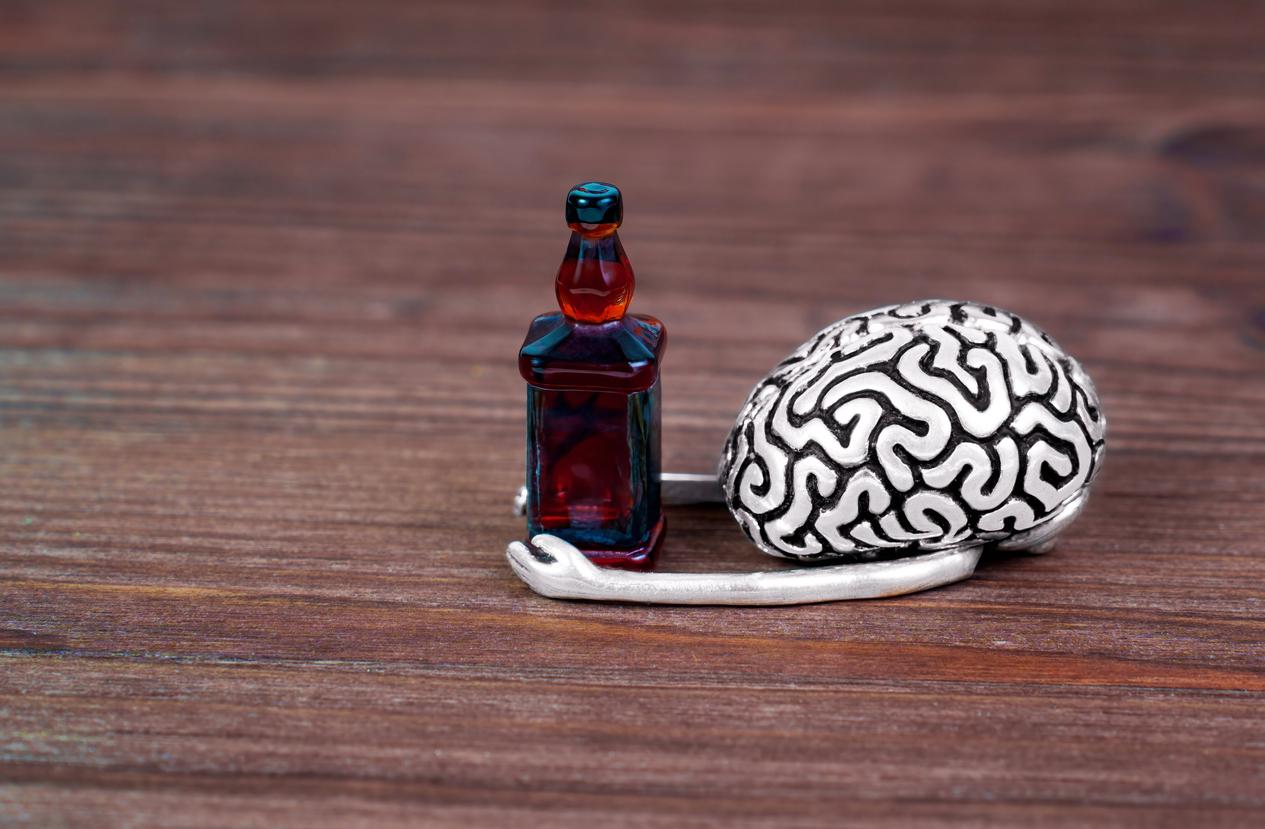Varied learning, which consists in learning something in different ways and through different clues, improves the memorization of information, according to a study.

- To learn effectively, it is not enough to passively reread your notes. A recent study highlights the importance of active recall, sessions spacing and varied learning, which consists in memorizing information in contexts and with different indices.
- Experiences on learning Finnish words have shown that this approach improves retention, even if it requires more effort.
- Participants wrongly thought that identical repetition was more effective, illustrating a metacognitive illusion.
Is learning an art or a science? Researchers from the universities Swps and Adam Mickiewicz (Poland) suggest that to learn optimally, it is not enough to revise or reread passively. Their work, published in the journal Proceedings of the National Academy of Scienceshighlight the importance of varied learning to improve memorization and retention of knowledge.
Why are our usual methods ineffective?
According to this study, the human brain works in a complex way. Memory is not content to archive information: it activates and improves through recall and diversity exercises. Therefore, simply rereading your notes or making revisions in an evening is not ideal. According to a press releaseto learn effectively, it is best to space sessions and use methods that stimulate memory, such as active recipe. But scientists have discovered a strategy that they had not identified so far: varied learning.
This method consists in introducing diversity in the ways of memorizing and in the clues used to recover the information. The researchers tested this strategy through a series of experiences on learning Finnish words. The participants had to memorize terms presented in sentences in the mother tongue, for example: “Dad sweeps the lattia (soil, in Finnish)”. Some participants have seen the word to learn (lattia) in a single sentence repeated several times, while others have encountered it in different sentences, such as “a dog sleeps on the lattia” or “a carpet is placed on the Lattia “. Results: Those exposed to various contexts have obtained better memorization scores, immediately after the exercise and even 24 hours later.
Several brain paths to access information
Curiously, the participants felt that repeating the same sentences was more effective, while the results showed the opposite. This phenomenon, called metacognitive illusion, illustrates our tendency to evaluate the most efficient learning strategies.
According to the authors of the study, the various methods are demanding because they seek more memory. But this additional effort creates several paths in our brain to access information, thus increasing the chances of recovering it in various situations, such as an examination.
Thus, to optimize your way of learning:
– Practice active recall: Test your knowledge without consulting your notes rather than rereading them passively.
– Space your working sessions: Avoid revision marathons.
– Vary the contexts and indices: use different examples for each concept.

















